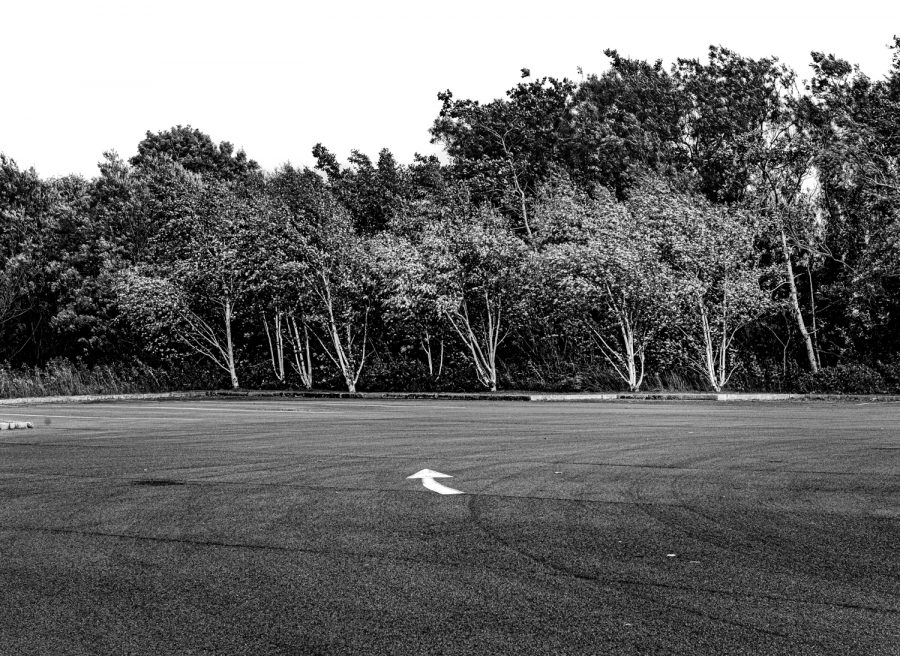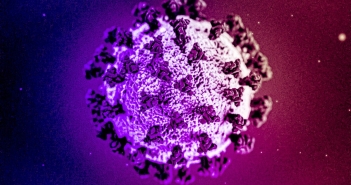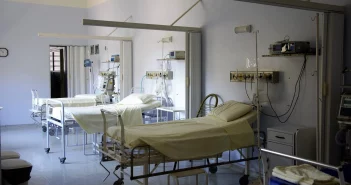No one will want to read this, as this is about death.
As we sit, quarantined in our homes, scrolling through the news of the pandemic, death seems to stand, ever present, in the corner of the sitting room. Our everyday behaviour is now invested with the knowledge of his presence. The actions we take, staying home, keeping two metres from one another, have a direct, logical relationship to the struggles of people gasping on ventilators in intensive care units.
It is alien for us to have death at such close proximity. We have in the last decades managed to block it out, hide it away, to think that if we throw all our resources at it we might prevent it.
But of course death is as natural to life as birth.
Most of the time doctors battle against the humdrum vagaries of life: the sore throats, broken arms and anxieties; but now and then we are called upon to joust with death, and sometimes during this battle we have to lay down our arms and allow death take its prize.
Some of my patients have begun dying from Covid-19. They have been unwell for a few days with fevers, chills, and muscle pain. Most get better after a week, but some suddenly develop hypoxemia, a low level of oxygen in their blood, and a few hours later are on a ventilator, mechanically deflating and inflating their lungs.
If they develop the cytokine storm, a sudden rush of inflammatory cells entering the lungs, the immune system aberrantly attempting to combat the virus, they often die. Death walks the intensive care unit, taking every second patient.
Just before the pandemic started I made several house calls to an elderly couple. They lived in an airy, high-stucco-ceilinged apartment, full of the accretions of a long life: family pictures hung on the walls, showing adult children, grandchildren; a straw parasol from a tropical holiday in the corner; coloured crystal glasses on the fireplace.
In an overheated bedroom the elderly man lay on the bed, his limbs cachexic, his skin mottled with liver spots. His chest heaved unnaturally with the effort of breathing. The pump of his heart was failing, so his lungs filled with fluid.
I had sent him to hospital twice, where they had tapped his lungs, but the respiratory physician called me on his final discharge to say that they would not take him again. I had tried, with diuretic tablets, to clear his lungs, so he could breathe more comfortably. But now even these were failing. It was time to lay down arms and give comfort, rather than fight.
I took his wife and son aside in the darkened corridor and told them that I would be removing most of his medication, giving just the necessary to make him comfortable. His wife begged me to send him to hospital, saying that she had arranged things so the whole family would be home for Christmas to spend it with him.
I tried, as best I could, to explain that now was the time to recognise that he would soon die, to gather the family quickly, to make him comfortable, and to spend that time with him. After a long discussion they became reconciled to the situation, took their places either side of the bed, holding the old man’s hands in theirs.
The home nurse injected an infusion of morphine to relieve his distress, and I left to the sound of the quietening of his ragged breathing and his wife’s sobs.
By recognising what death is we recognise what life is. That is maybe why this feels like such a moment of quickening. Death has come knocking at our doors and we are forced to open and acknowledge him. The door will close again, but the collective memory will remain, and when the pandemic is over this may help us to invest life with more meaning.
Read the first installment of Dairy of a Pandemic Doctor here.




